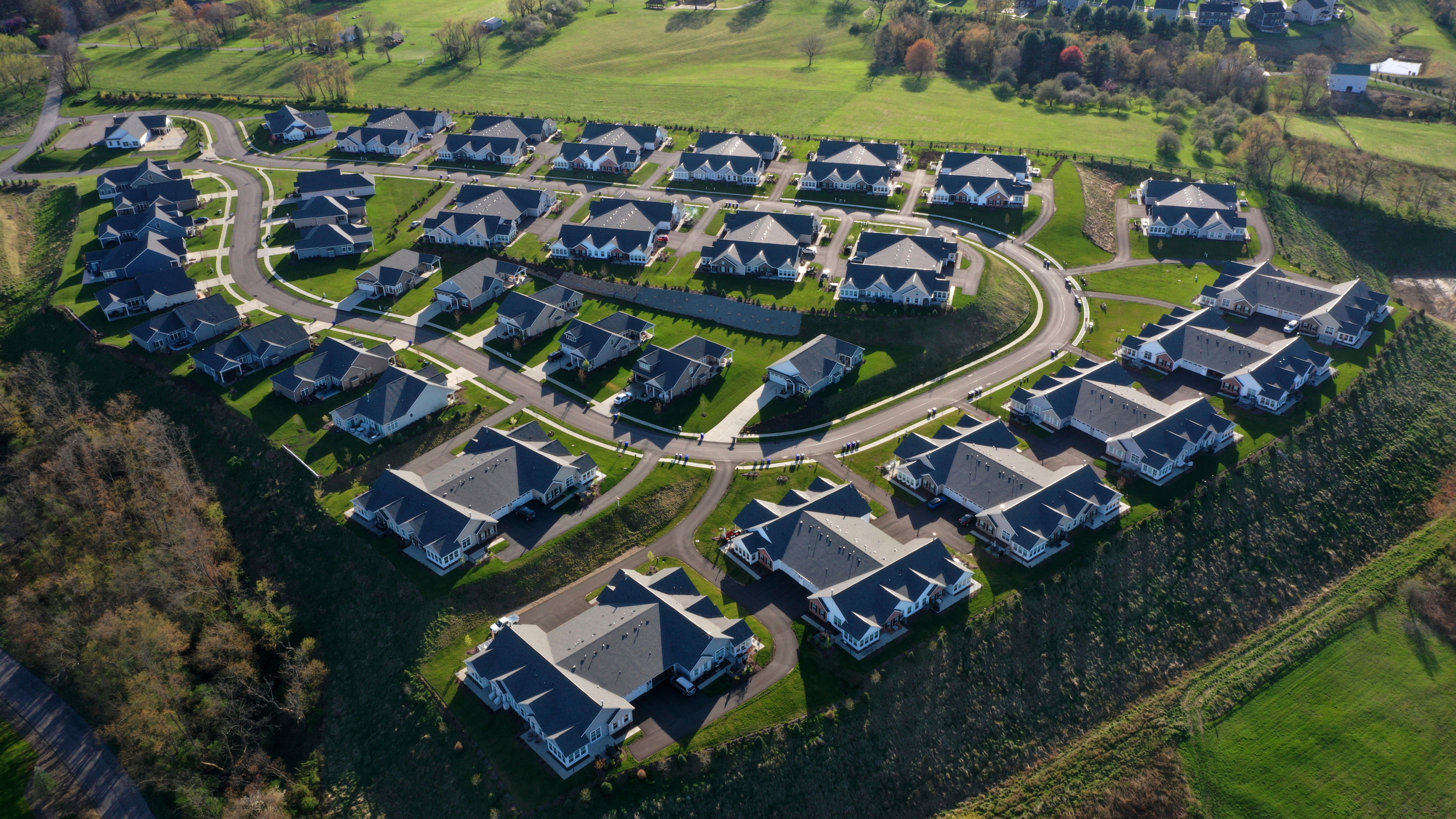Average long-term US mortgage rate climbs back to nearly 7% after two-week slide
The average long-term U.S. mortgage rate climbed back to nearly 7%, just under where it was two weeks ago, pushing up borrowing costs for home shoppers with the spring homebuying season underway

Your support helps us to tell the story
From reproductive rights to climate change to Big Tech, The Independent is on the ground when the story is developing. Whether it's investigating the financials of Elon Musk's pro-Trump PAC or producing our latest documentary, 'The A Word', which shines a light on the American women fighting for reproductive rights, we know how important it is to parse out the facts from the messaging.
At such a critical moment in US history, we need reporters on the ground. Your donation allows us to keep sending journalists to speak to both sides of the story.
The Independent is trusted by Americans across the entire political spectrum. And unlike many other quality news outlets, we choose not to lock Americans out of our reporting and analysis with paywalls. We believe quality journalism should be available to everyone, paid for by those who can afford it.
Your support makes all the difference.The average long-term U.S. mortgage rate climbed back to nearly 7%, just under where it was two weeks ago, pushing up borrowing costs for home shoppers with the spring homebuying season underway.
The average rate on a 30-year mortgage rose to 6.87% from 6.74% last week, mortgage buyer Freddie Mac said Thursday. A year ago, the rate averaged 6.42%. The average rate is now just below where it was two weeks ago.
Borrowing costs on 15-year fixed-rate mortgages, popular with homeowners refinancing their home loans, also rose this week, pushing the average rate to 6.21% from 6.16% last week. A year ago it averaged 5.68%, Freddie Mac said.
When mortgage rates rise, they can add hundreds of dollars a month in costs for borrowers, limiting how much they can afford in a market already out of reach for many Americans.
“After decreasing for a couple of weeks, mortgage rates are once again on the upswing,” said Sam Khater, Freddie Mac’s chief economist.
Investors’ expectations for future inflation, global demand for U.S. Treasurys and what the Federal Reserve makes does with its short-term interest rate can influence rates on home loans.
After climbing to a 23-year high of 7.79% in October, the average rate on a 30-year mortgage has remained below 7% since early December amid expectations that the inflation had cooled enough for the Fed to begin lowering its short-term interest rate early this year. But a spate of stronger-than-expected reports on inflation, the job market and the economy in recent weeks dimmed that outlook, sending mortgage rates higher through most of February.
Many economists expect that mortgage rates will ultimately ease moderately this year, but that's not likely to happen before the Federal Reserve begins cutting its benchmark interest rate. The central bank signaled again on Wednesday that it expects to make three rate cuts this year, but not before it sees more evidence that inflation is slowing.
The U.S. housing market is coming off a deep, 2-year sales slump triggered by a sharp rise in mortgage rates and a dearth of homes on the market. The overall decline in rates since their peak last fall has helped lower monthly mortgage payments, providing more financial breathing room for homebuyers facing rising prices and a shortage of homes for sale this year. Sales of previously occupied U.S. homes rose in February from the previous month to the strongest pace in a year.
Still, the average rate on a 30-year mortgage remains well above where it was just two years ago at 4.42%. That large gap between rates now and then has helped limit the number of previously occupied homes on the market by discouraging homeowners who locked in rock-bottom rates from selling.